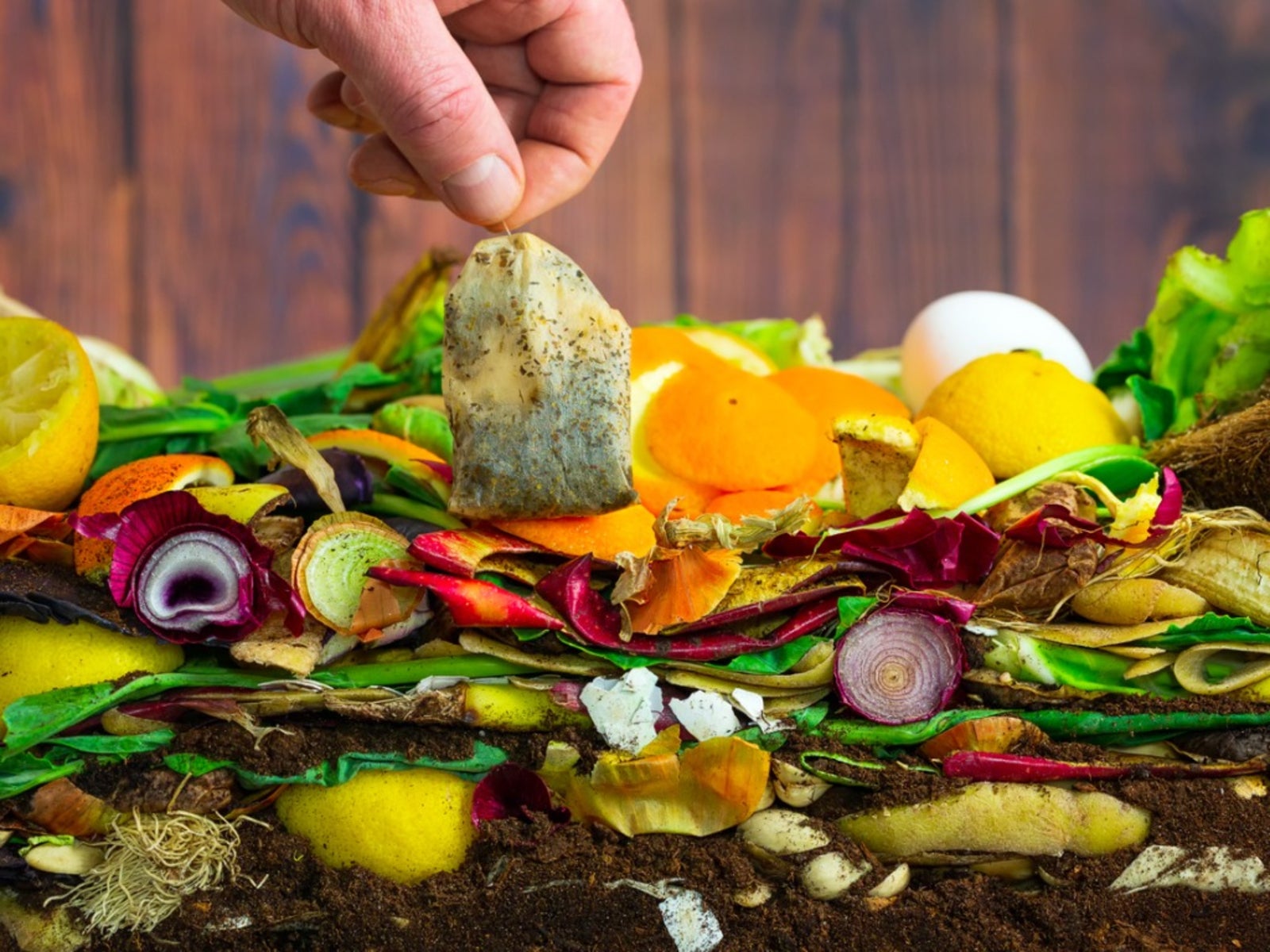
Sign up for the Gardening Know How newsletter today and receive a free copy of our e-book "How to Grow Delicious Tomatoes".
You are now subscribed
Your newsletter sign-up was successful
Are Tea Bags Good For Plants? How To Use Tea Bags For Plants
Are your used tea bags and plants a good combination? If you’re a tea lover, you might wonder what else you can do with your tea bags after using them other than tossing them in the garbage. Some people add them to their compost pile but what about using tea bags for gardening? Can you use tea bags for plant food? Are there other benefits to using tea bags for plants? Read on to learn about tea bags and plants.
Are Tea Bags Good for Plants?
Tea leaves are a natural plant product and thus break down in the compost or soil just as other kitchen scraps, but are they good for plants?
Tea leaves are rich in tannin, which are chemical compounds commonly also found in some plants. In plants, tannins help to protect from infections from fungi or bacteria. So, as the tea leaves break down, the tannins are taken up by nearby plants, inoculating them from disease.
Tannic acid also doubles as a fertilizer, increasing the uptake of nitrogen by the plant.
As to whether the bag itself is good for plants, it depends. Some tea bags are made from natural fibers while others are made from plastic polypropylene and other synthetics. How can you tell the difference? Synthetic tea bags will feel slippery. If you have synthetic tea bags, remove the tea leaves from the bag and discard the bag. The tea leaves can then be used in the garden.
How to Use Tea Bags for Plants
There are several ways to use tea bags for plants. They can be composted or used directly in the garden as a fertilizer.
Using Tea Bags as Fertilizer
Sign up for the Gardening Know How newsletter today and receive a free copy of our e-book "How to Grow Delicious Tomatoes".
You can dig compostable tea bags or tea leaves around plants. The tannin in the tea increases nitrogen levels. Not all plants will appreciate tea bags used as fertilizer. Tea bags will not only increase the uptake of nitrogen but alter the pH of the surrounding soil making it more acidic.
Composting Tea Leaves and Tea Bags
Adding moist tea bags to your compost bin increases the speed with which the pile decomposes. Remember, however, that not all tea bags are made of natural fibers. Only com
Other Ways to Use Tea Bags in the Garden
Boil the old tea bags in water, allow the mixture to cool, and then use it as a weak fertilizer on acid-loving plants such as azaleas, ferns, and hydrangeas.
Some gardeners use old tea bags to repair unsightly bare spots in their turf. Simply soak a tea bag, place it over the bare spot, and sow with grass seed. The wet tea bag provides moisture to germinate the seed and then breaks down to nourish the soil beneath.
Dry tea bags (or just the leaves) can be blended with chelated iron for plants. When the two ingredients are blended, add water and allow to sit until they have dissolved. The resulting “tea” can be used in potted plants or anywhere in the garden that needs a boost.
FREQUENTLY ASKED QUESTIONS
Which Plants Like Tea?
Acid-loving plants like hydrangeas, ferns, rhododendrons, blueberries, and camellias like the acidic component of tea.
Can I Use Tea Bags to Water My Plants?
You can use tea bags to water plants. Allow the bags to steep in hot water, cool the liqui,d and then use as a weak liquid fertilizer. Tea can change the pH of soil making it more acidic and while this brew is usually quite weak, to be on the safe side, only use it on acid-loving plants.

Amy Grant has been gardening for 30 years and writing for 15. A professional chef and caterer, Amy's area of expertise is culinary gardening.
